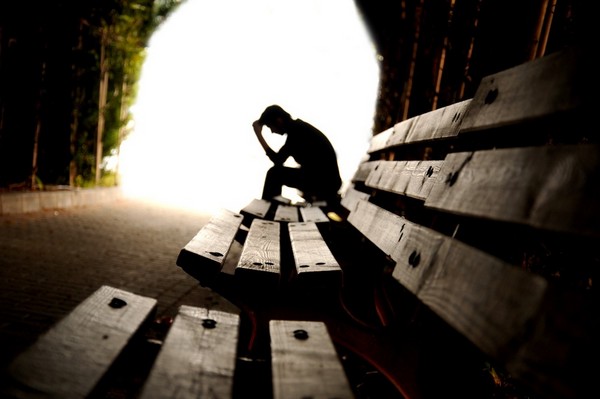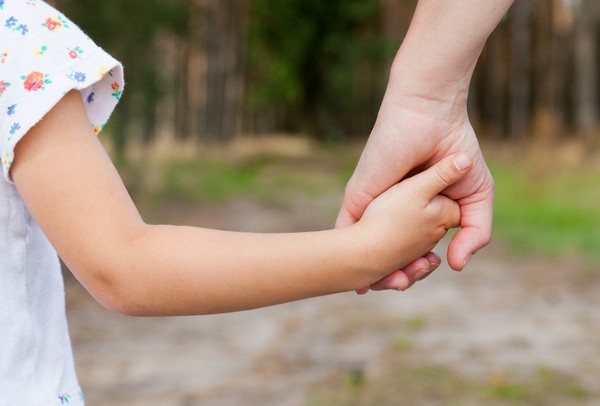According to a recent editorial published by The Hill, one in five American children lives in a home environment not conducive to good school performance. The biggest factor influencing achievement was the family’s socioeconomic level. In poor families, children tend to experience higher levels of stress, which makes it harder for them to concentrate during the school day. Also, parents who are consumed with the effort to make ends meet fail to provide adequate structure and cognitive stimulation at home.
For years, researchers have argued that poor people of all ages are also at greater risk for mental illness. They witness more violence and trauma, are at greater risk for malnutrition, and suffer from high chronic stress levels. Also, people with mental illness are more likely to stay or become poor for a number of reasons. Mental illness brings higher healthcare costs, negatively impacts on work performance, and makes it difficult for people to retain jobs. Children who grow up in poor households and perform poorly at school are far more likely to continue the cycle of poverty.
In some of today’s leading Master of Public Health programs (MPH), tomorrow’s policymakers learn to develop public health policies that address the vicious cycle of poverty and mental illness. Some programs address parenting skills so that poor children are less affected by their family’s struggles and by their surroundings. Other programs focus on improving mental health as a means for decreasing poverty. One fact is clear: Mental health struggles are becoming a global epidemic.
How Better Mental Health Creates Economic Growth
In an article published in The Lancet, a group of researchers from the U.S. and U.K. argue that mental and physical health are highly interconnected. About 14 percent of the world’s disease burden, according to the authors, can be traced to neuropsychiatric conditions. Directly addressing mental health problems, in addition to lowering worldwide rates of disease, could significantly stimulate global economic growth. In addition to cutting health care costs for both individuals and society, it could improve individuals’ employment prospects and their ability to build wealth. More workers means more tax revenue for governments, which can increase funding for mental health initiatives.
In fact, addressing mental health head on leads to better anti-poverty outcomes than both cash transfer and micro-lending. According to research, cash transfers such as welfare payments have no consistent positive impact on mental health. Also, micro-lending programs can even increase recipients’ mental health struggles as they work to start a business and pay back debt.
Addressing mental health issues directly, on the other hand, correlates positively with decreased poverty. As more low and middle-income families receive mental health interventions including family education, psychotherapy, psychiatric medications, inpatient treatment, and substance abuse interventions, researchers notice significant increases in both duration of employment and overall family wealth.
Another Intervention: Parent Education
To help kids whose parents are poor improve their mental health, Australian experts have developed a program called “Triple P” that focuses directly on parent education. The main takeaway of Triple P is that when parents are taught healthy behavioral interventions for one kind of behavior problem, they can generalize those interventions and use them for other behavior problems. Children who have parents who participate in Triple P typically suffer from fewer behavior problems, encounter less parental distress, and benefit from decreased parental dysfunction.
Although the program hasn’t successfully engaged fathers as much as it has engaged mothers, Triple P is one example of how parent education stops the cycle of mental health problems and poverty. When children have positive relationships with their parents, they tend to be shielded from the effects of living in a low-income environment. They’re more resilient when facing poverty-related challenges, and they’re less likely to develop antisocial behaviors. As they grow up, they’re less likely to develop significant mental health problems, and they can cope with the full spectrum of life’s events.
A More Virtuous Cycle
Health care professionals suggest delivering better mental health care by piggybacking on existing programs. For example, in regions with existing communicable disease treatment, pediatric programs, and programs to reduce gender-based violence, mental health interventions could be offered within existing patient visits in the same settings. By helping both parents and children to develop coping strategies that improve their mental health, policymakers could break the cycle of poverty and spur the world toward greater economic prosperity.
Article Submitted by Community Writer.






